The Romanov Tercentenary stamps are a notable issue in the history of Russian philately, commemorating the 300th anniversary of the Romanov dynasty’s rule in Russia. Here’s a detailed look at these stamps:
Historical Context
- Romanov Dynasty: The Romanov dynasty ruled Russia from 1613 until the abdication of Tsar Nicholas II in 1917.
- Tercentenary Celebration: In 1913, Russia celebrated the 300th anniversary of the Romanov dynasty’s ascension to the throne. To mark this occasion, a special series of postage stamps was issued.
Romanov Tercentenary Stamps (1913)
- Issue Date: The stamps were issued in 1913 to commemorate the Romanov dynasty’s 300th anniversary.
- Designs: The series consisted of 17 different stamps, each featuring portraits of various Russian tsars and key figures from the Romanov dynasty.
- Artists: The stamps were designed by prominent artists and engravers of the time, including Richard Zarrinch and Vasily Vasilievich Mate.
- Colors and Denominations: The stamps were printed in various colors and denominations, ranging from 1 kopeck to 5 rubles.
Key Stamps in the Series
- 1 Kopeck Stamp: Features a portrait of Mikhail I, the first Romanov tsar.
- Color: Brown
- 3 Kopeck Stamp: Depicts Tsar Nicholas II, the last Romanov emperor.
- Color: Green
- 7 Kopeck Stamp: Shows Peter the Great, one of Russia’s most famous tsars.
- Color: Blue
- 10 Kopeck Stamp: Features Empress Catherine the Great, a significant ruler in Russian history.
- Color: Red
- 5 Rubles Stamp: This high-denomination stamp portrays a detailed image of the entire Romanov family, including Tsar Nicholas II, Tsarina Alexandra, and their children.
- Color: Brown and blue
Significance and Collectibility
- Historical Value: The Romanov Tercentenary stamps are valuable for their historical significance, marking an important milestone in Russian history.
- Artistic Merit: The detailed engravings and artistic designs make these stamps a highlight for philatelists and art enthusiasts.
- Rarity: Due to the political upheaval following the Russian Revolution in 1917, these stamps became rare and are highly sought after by collectors.
Collecting Tips
- Condition: As with all stamps, the condition significantly affects value. Look for well-preserved stamps with clear impressions and minimal damage.
- Authentication: Given their value and historical significance, it’s important to authenticate the stamps to ensure they are genuine.
- Provenance: Stamps with documented provenance or from reputable collections may carry a premium.

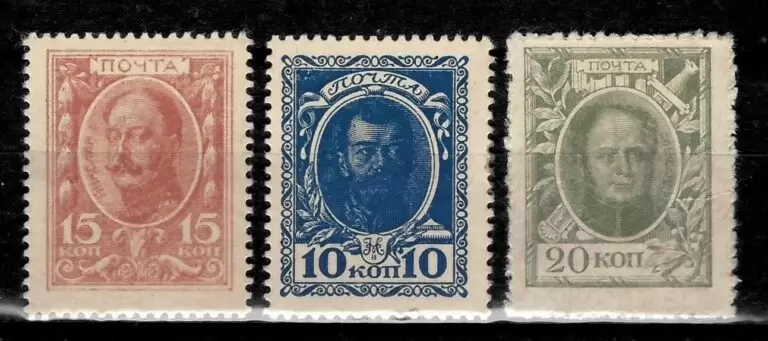
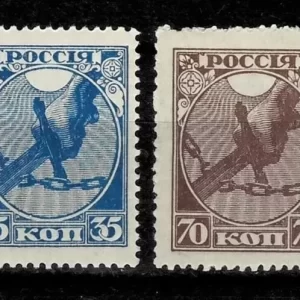

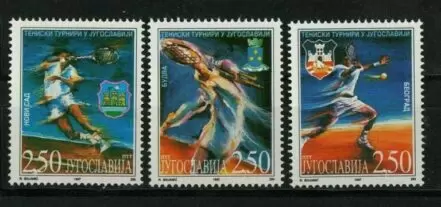
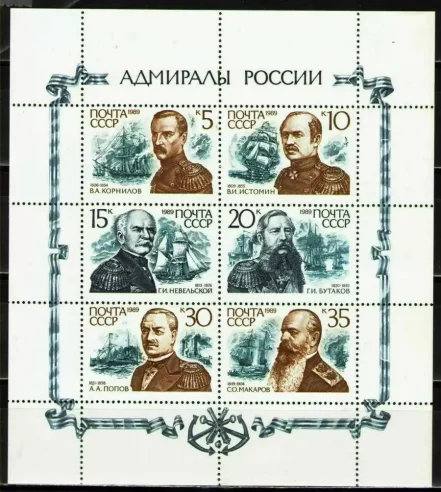

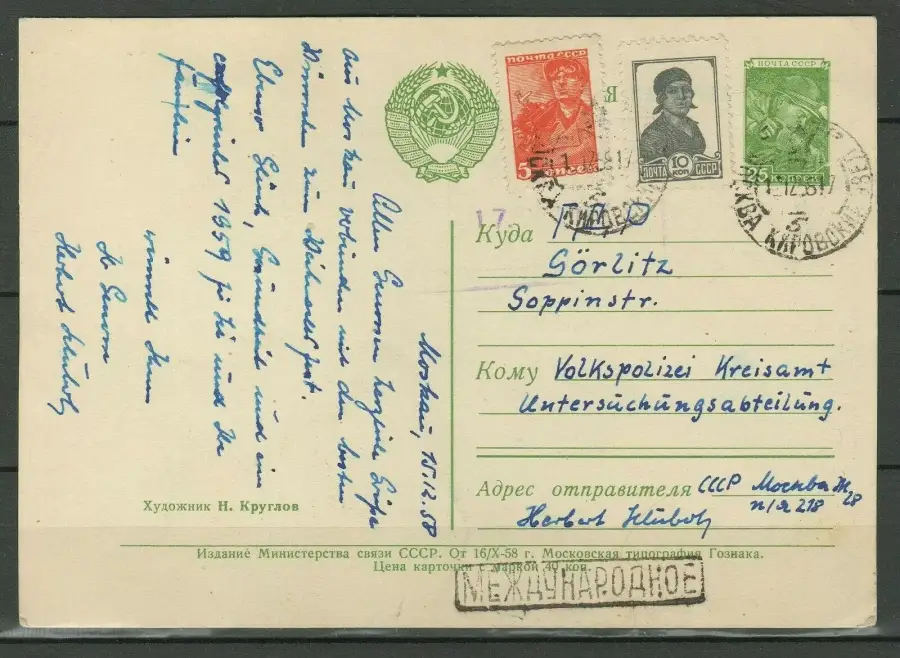

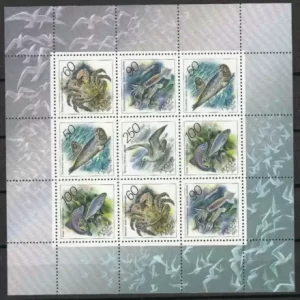

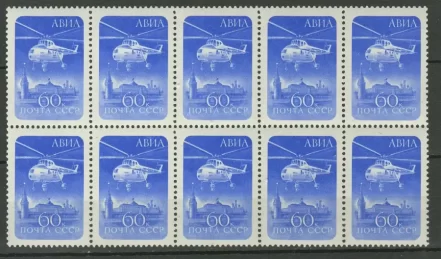
Reviews
There are no reviews yet.